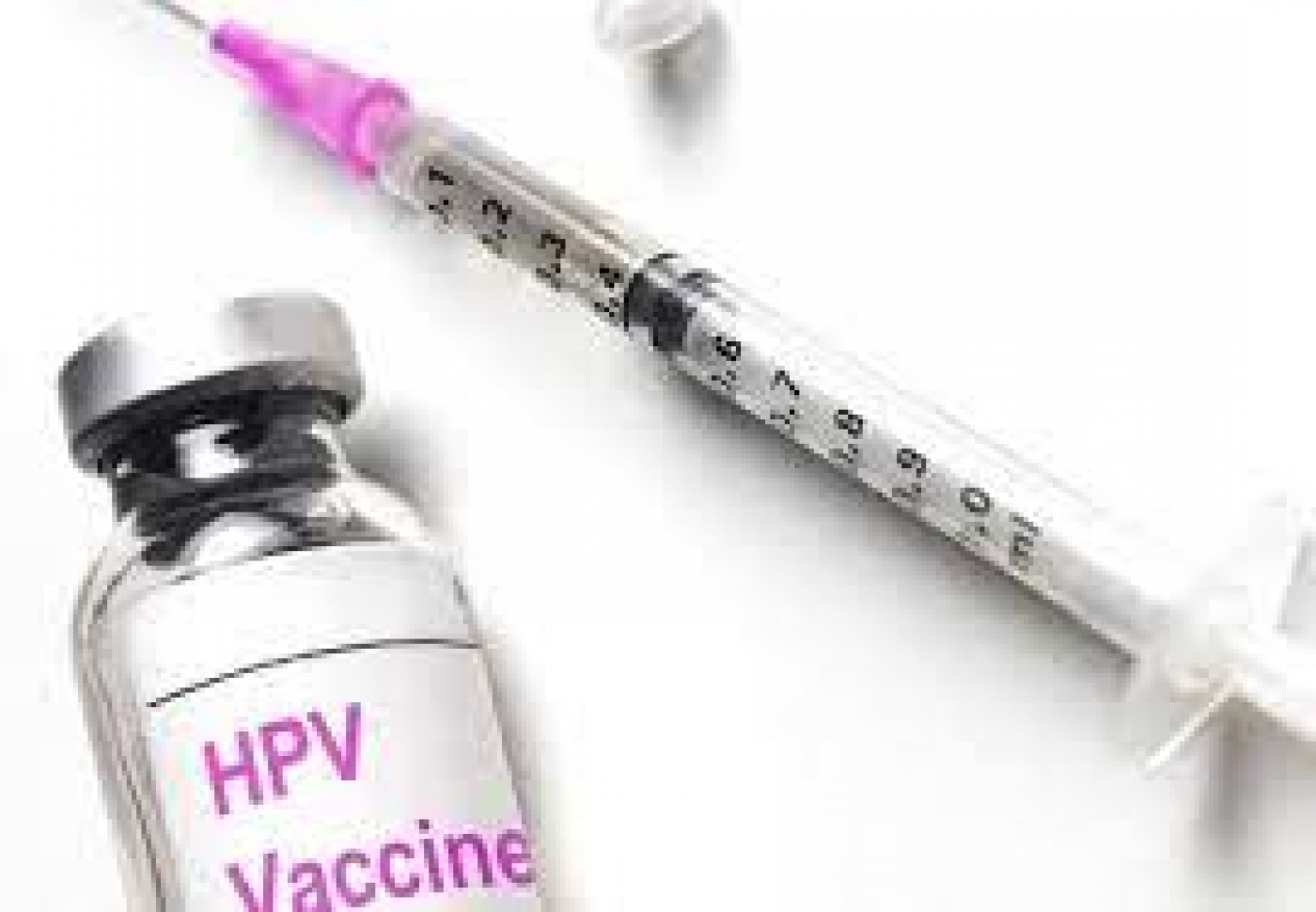The experts spoke in Lagos during the launch of The Ten Thousand Women Initiative by mPharma, a technology-driven healthcare company.
The launch of the initiative was in commemoration of the 2022 International Women’s Day.
The initiative, the company said, is to create awareness on cervical cancer, conduct HPV tests, treat pre-cancerous lesions and vaccinate eligible women across Ghana, Nigeria and some other countries where it operates.
Stressing the importance of screening and awareness creation on cervical cancer, the experts said it had become crucial for the government to prioritise HPV vaccination because cervical cancer was completely preventable.
The World Health Organisation says HPV vaccination can significantly reduce the risk of cervical cancer, adding that it is also a cost-effective way to prevent the disease.
According to the WHO, cervical cancer is the fourth most common cancer among women globally, with an estimated 604,000 new cases and 342,000 deaths in 2020.
Speaking at the event, a Professor of Obstetrics and Gynaecology, University of Lagos, Rose Anorlu, said poverty and lack of awareness were preventing a lot of women, especially those in the rural areas from coming for cervical cancer screening.
The consultant gynaecologist, noted that women need to be educated on the importance of screening for cervical cancer.
Prof. Anorlu, said, “First step to eradicating cervical cancer is education. Women find it difficult to say they have problems with their private parts. It is the responsibility of the government to educate women. There must be political will and commitment from the government if we must eliminate cervical cancer. When there is no political will, we can not do a lot.”
“I am very happy about this programme because of the 10,000 women that are going to be screened free of charge; 6,000 in Ghana and 4,000 in Nigeria. It’s going to be a very good programme.
“In the first case is because we have HPV screening which is the in-thing now and a lot of countries are using it at their primary screenings. It’s also a way of doing point of test care”, she said.
“The patients or women will come, they get screened and they also get treatment at the same time if possible.”
She added, “I know with time we are going to have a lot of women getting screened.”
Also, a Professor of Reproductive and Child Health at the Lead City University, Ibadan, Oyo State, Oliver Ezechi, said with a total population of about 200 million people, Nigeria has about 40 million women aged 15 years and above who are at risk of developing cervical cancer.
Prof. Ezechi who is also the Director of Research, HIV Treatment and Public Health Physician, Department of Clinical Services, Nigerian Institute of Medical Research, Yaba, Lagos, explained that available studies including the one done in NIMR show that 25 per cent of Nigerian women harbor HPV infection.
He, however, said if Nigeria adopts the WHO strategy on the elimination of cervical cancer, the nation could meet the 2030 elimination target.
According to him, WHO recommends that all young girls between the ages of nine and 14 should be vaccinated against cervical cancer including women who are up to 26 years old and have not had sex.
For women who have had sex, he said they should start screening once they are 30 years old while those who tested positive should be placed on treatment.
Also speaking at the event, Vice President of Diagnostics at mPharma, Johnnie Allotey, said the 10,000 Women Initiative launched in Ghana in September 2021 had already provided free screenings to over 3,000 women across Ghana since it was launched.
“Our idea is to have a potential blueprint for policymakers to see what it will look like to have a national screening programme as well as a national vaccination programme which will greatly impact women who I believe greatly are the doyens of our African society,” Allotey said.
Source: HealthWise







